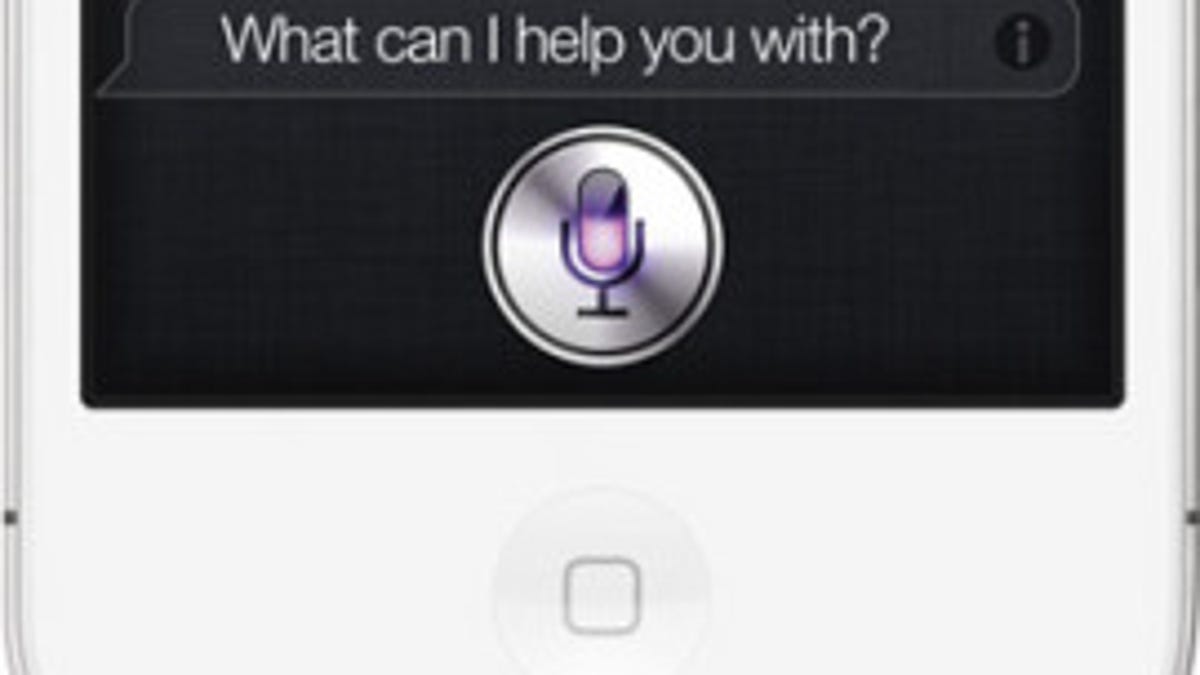Another Siri co-founder leaves Apple
Adam Cheyer, another co-founder of the sassy voice assistant found in Apple's iPhone and (soon) iPad, has left the company.

One of Siri's founding members from long before it was acquired by Apple and turned into the feature found in the iPhone 4S, has left the company.
Adam Cheyer, who co-founded Siri, Inc. in March 2008, has left his job at Apple, Bloomberg reports. CNET has learned that his departure took place months ago, and that the decision was fueled by a desire to spend more time with his family and eventually work on other projects.
Apple did not immediately respond to a request for comment.
Apple purchased Siri in early 2010. At the time, the company had a voice assistant app that could turn voice commands into software actions. The project was developed out of an artificial intelligence project at SRI International. After purchasing the company, Apple spun it into an exclusive feature for the iPhone 4S. The technology is also headed to the company's latest iPad model as part of iOS 6, which is expected to be released later this month.
According to his LinkedIn profile, Cheyer was the engineering director in Apple's iOS group.
Cheyer is the second Siri co-founder to leave Apple after joining the company post-acquisition. Last October, shortly after the debut of Siri on the iPhone 4S, Siri co-founder and CEO Dag Kittlaus left the company as well.
Despite lawsuits over the efficacy of the feature aimed in Apple's direction, the company has stated publicly that it has high hopes for Siri. In a talk earlier this year, Apple's Chief Executive Tim Cook noted that the product was still in beta, but that he already felt like he couldn't live without it. He then compared it with the kind of user interface changes the company underwent when going from including multitouch on its trackpads to the iPhone, then iPad.

